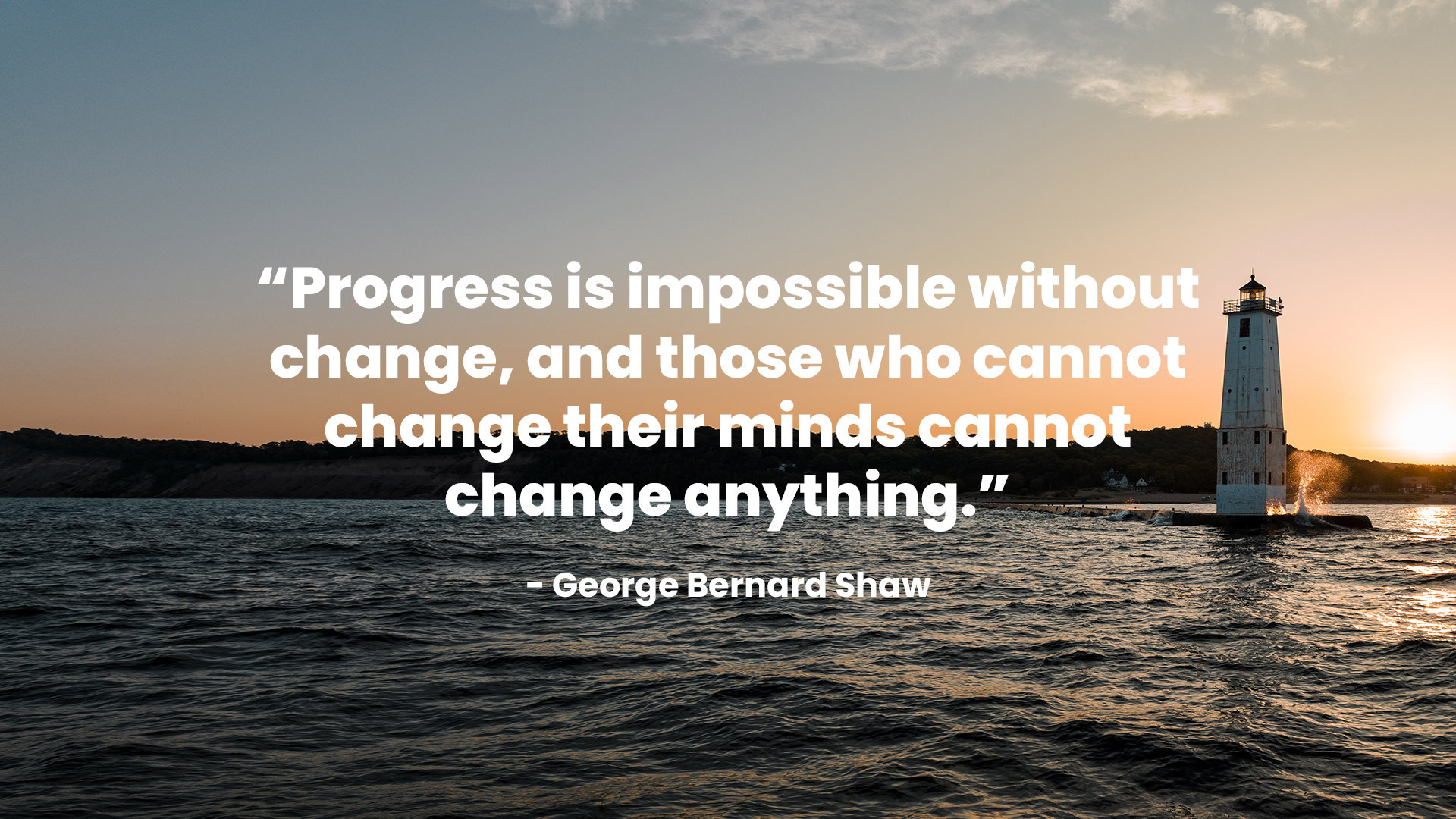Face the Facts: Changing Your Mind Is Okay
In what now feels like a lifetime ago, I worked closely with a world-class hedge fund for about 18 months. I was the CEO of what we referred to as a “debt-oriented merchant bank” startup. I loved my time there; the energy and passion exhibited by my team was both palpable and infectious as we got down to the business of Work on this new venture. Yes, that’s Work with a capital W. It was a truly meaningful pursuit, and the team consistently showed the competency, commitment, and capacity to move it forward.
Eventually (and unfortunately), the hedge fund decided to shut down our efforts. While I’m confident we would have been successful, there were differing strategies between our group and another contingent within the fund. Apparently, there wasn’t enough middle ground in this struggle of ideals for us to have the chance to bring this startup to the next Stage of Development.
But as my colleague Kris likes to say, we either win… or we learn. And one of the big things I learned at the hedge fund is what is commonly referred to as Bayes’ Theorem or the Bayesian method. In short, it’s being 100% open to changing your mind upon receipt of new information.
If you think about it, possessing a Bayesian mindset is essential in the investment world. If you’re a reasonably good investor, every investment has a thesis that includes a host of assumptions and, if one of your assumptions materially changes, your entire investment thesis may no longer be viable. Consequently, the cultures of the best investment houses are very Bayesian.
Undeniably, I possess — and consistently exercise — a Bayesian mindset.
As the CEO of a relatively fast-growing technology company, I can tell you that my proclivity for changing my mind doesn’t always make my colleagues happy. Often, I’ll insist on changes that basically make waste of hours and hours of their work. As you can likely imagine, that tends to frustrate the heck out of them, even if they get why the change makes sense. Why? Because they’ve invested their heart and time into something creative, and I’ve just decided to destroy or dramatically alter their creation.
As the largest shareholder of the company, I’m a little more detached from the process than most others. That’s why it’s easier for me to say “scrap it” when I feel it's the right call to make. I’m at peace with the waste, even as I’m quick to commend an individual or team for their efforts.
Fact is, it’s a real bummer to throw creative work down the drain. But we all occasionally need to do it and be at peace with it. To be sure, I’ve often changed my mind about my own creations, too. I’ve done it quite a bit lately as I find myself writing a book (among the many blogs and other efforts I’ve worked on for some time). I cannot tell you how many thousands of sentences I’ve labored over that have never made it to the light of day.
Like it or not, Bayesian thinking is essential in today’s fundamentally probabilistic and non-deterministic world. Every weighty decision is based on an assessment of the odds. If new information comes in, we must reassess our assumptions and recalculate our probabilities of success. To stubbornly ignore the new information because it might mean starting over? Well, that would be malfeasance at best — and potentially catastrophic (define how you will) at worst.
As leaders, we need to be aware that most of our colleagues are focused on getting smart stuff done. Once a decision is made, they put their heads down and push to complete the task. That’s just the nature of work.
That said, as leaders, we also need to help our colleagues appreciate that facts change, and it’s okay to change our minds. This isn’t just a skill that applies to work; it’s a mindset and skill that can help every one of us in every facet of life — business, relationships, investing, and more.
Our ability to make life better increases when we remain totally open to making changes when newly acquired information alters the probability of a positive outcome. This may seem somewhat obvious, but the idea is that when the facts change, we should revise our assumptions and the associated probabilities of success.
But it’s not as easy in practice as it sounds in theory.
I implore you to embrace it all the same. Get comfortable with the uncomfortable process of tossing aside or dramatically changing something you’ve worked on when new information suggests it’s appropriate. A constantly questioning mindset, where we revise our thinking based on new information, is an incredibly useful life skill — and one that leaders should help all their colleagues acquire.
That’s my opinion, at least. What’s yours?
Subscribe to my Founder's Framework newsletter to discover how successful founders leverage proven frameworks to build thriving companies they’ll love forever.





